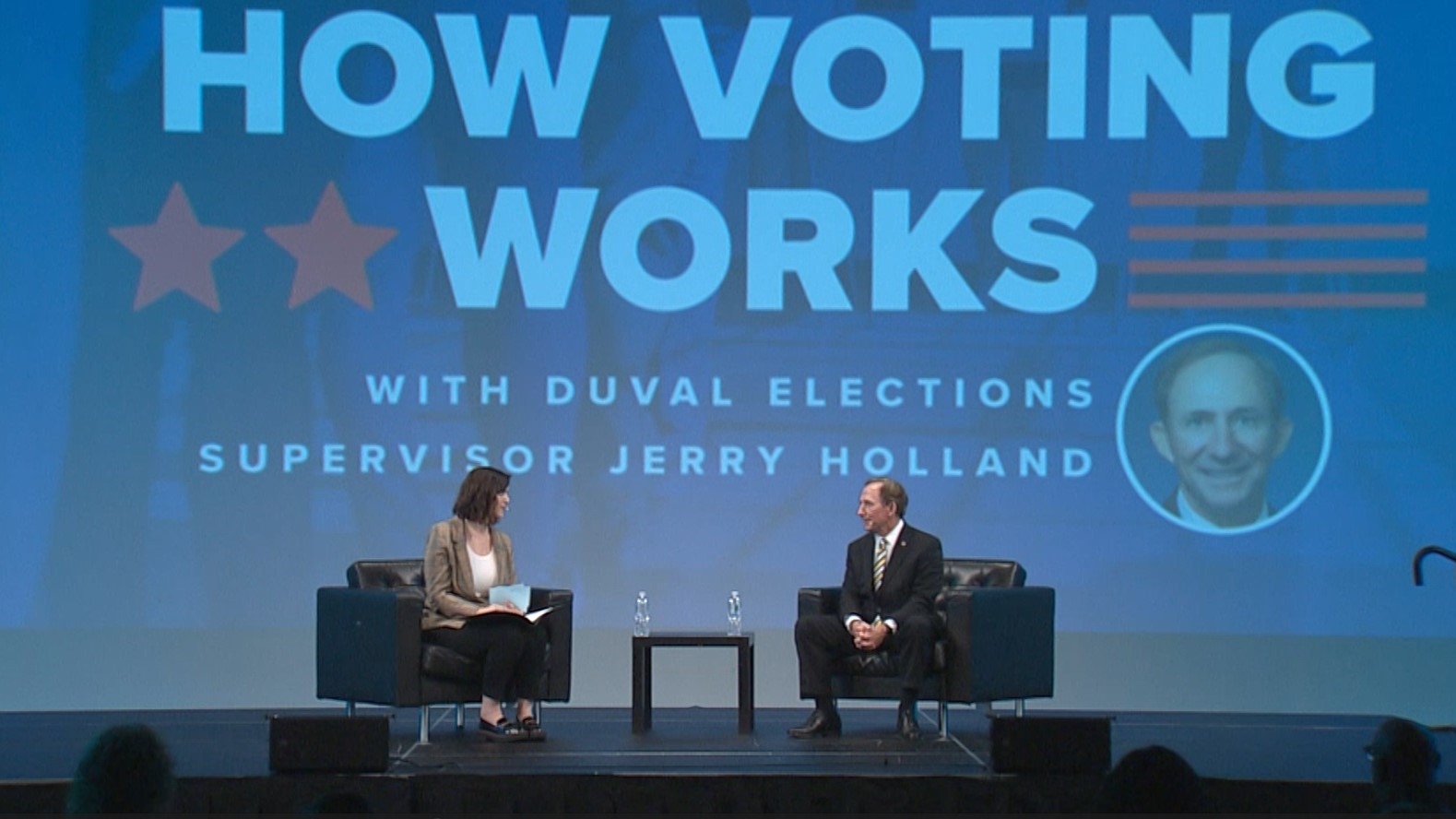Duval Supervisor of Elections Jerry Holland joined Jacksonville Today’s Jessica Palombo on Feb. 13 for a conversation, sharing his insights from overseeing more than 30 elections during his previous stint in the role, as well as the changes we can expect when voting in this year’s elections. Here are four key takeaways:
Vote early or by mail
This year Floridians will participate in three elections: the Republican presidential primary in March, a primary in August for state and local seats, and then the general November election covering all of the above (and including proposed constitutional amendments). Holland urges people to vote before Election Day — either by mail or in person — whenever possible.
If you regularly vote by mail, you might need to request a new ballot now that a change in Florida law requires voters to request new ones more frequently. Check your voter and ballot status here.
The deadline to sign up to vote or change your party before the March 19 election was Feb. 20. The March primary is only open to registered Republicans, and there will be seven presidential candidates on the ballot. Candidates who have “suspended” their campaigns, like Florida Gov. Ron DeSantis, haven’t technically withdrawn, and Holland says votes will still be recorded for them.
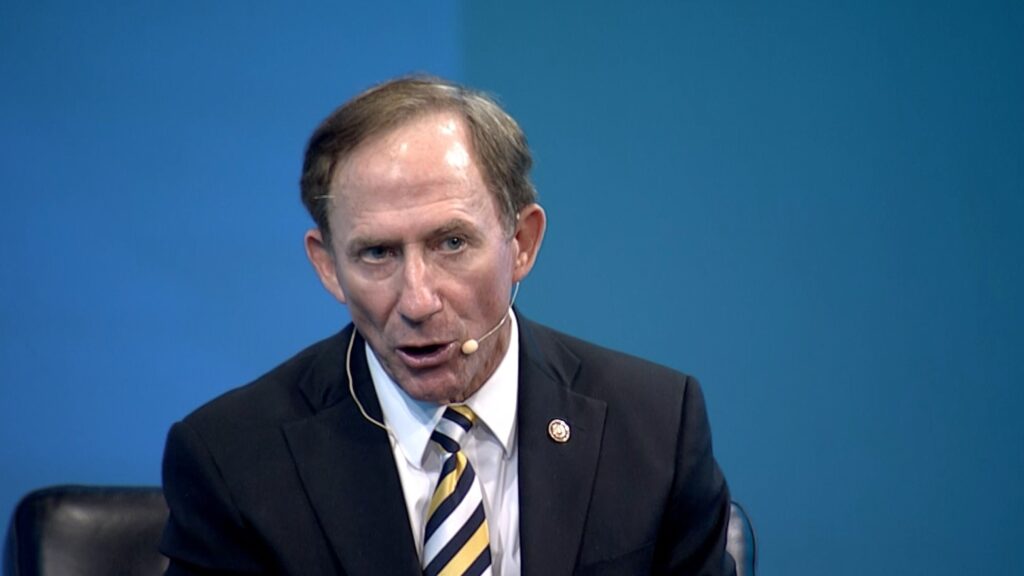
Your vote always counts
Holland says when it comes to mail-in ballots, a popular myth says that they’re not counted unless a race is super close. That’s not true. Mailed ballots actually get counted sooner, along with ballots cast during the two-week early in-person voting period. Those numbers need to be reported by 7:15 p.m. on election night.
As for the possibility of dead people voting, Holland says that one is actually possible. Under the law, if a person casts an early vote or votes by mail and then dies, their vote still gets counted. To ensure a deceased voter doesn’t stay on the rolls beyond that, the local elections office relies on weekly data from the state, as well as on family members. So if a loved one passes away, a note to the supervisor of elections can help keep the rolls clean.
Polling place changes
After a lawsuit resulted in the reduction of Election Day polling places this year, the number of early voting sites has increased to 24 countywide (and some of the previous early voting locations have changed). And if you vote early in person, take note: For the first time, you’ll be required to use a touch-screen ballot-marking machine, which will spit out your marked paper ballot to feed into a tabulator (more on that in a bit).
For the sake of transparency and fairness, polling locations (and the supervisor’s office) in Duval are staffed by people on both sides of the aisle, Holland says, and his goal is for each polling place to have a minimum of two Republicans and two Democrats working. While votes are counted, a member of the canvassing board must be present, and the public can observe the process.
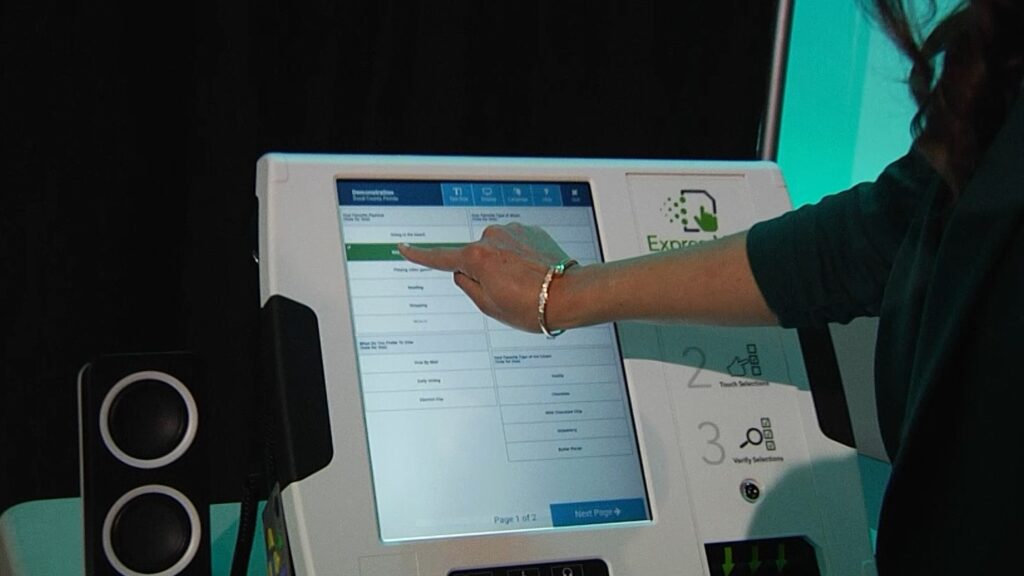
Poll workers will also be stationed at former polling places to direct you where to go if you end up at the wrong location, as the precincts for about 200,000 voters in Duval were recently changed. A couple of voting sites may not be able to open in time for the March primary, and voters will be notified if that and any other last-minute changes happen.
Voting machines can’t be hacked
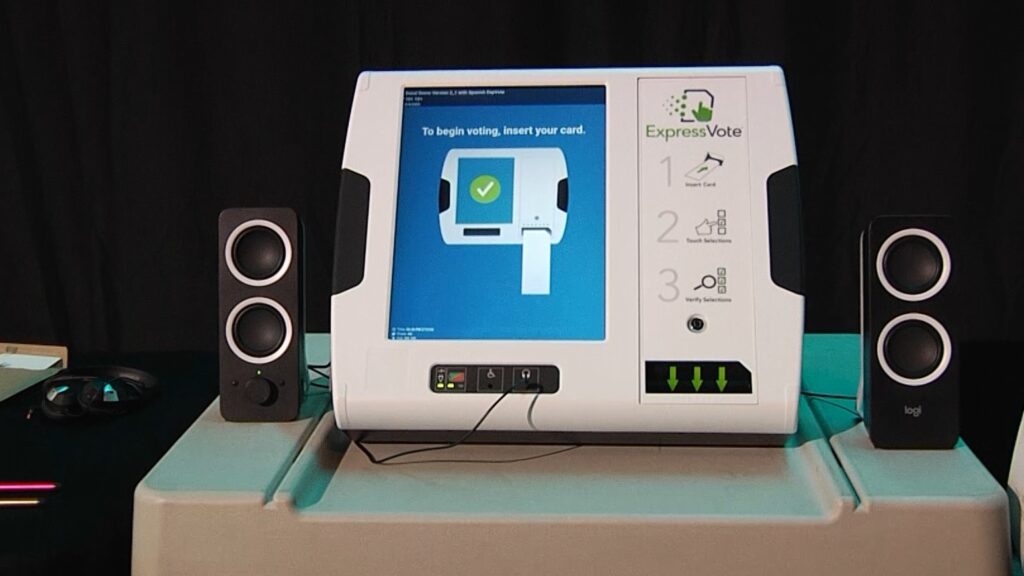
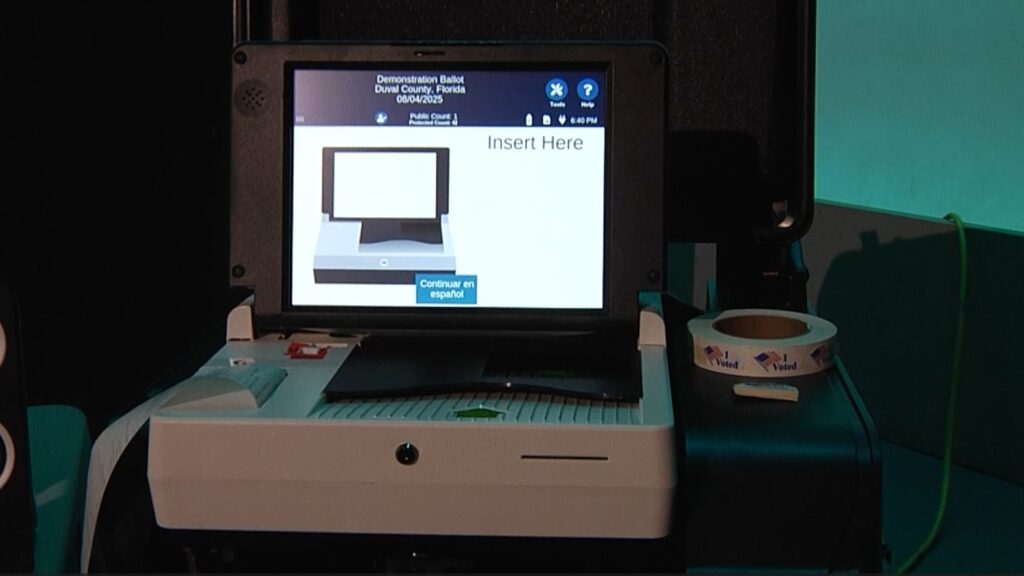
Holland demonstrated the ExpressVote touch-screen ballot-marking machines that will be deployed at early voting sites (and, by request, on Election Day), along with the machine that tabulates the marked paper ballots. Everything is tested before the election begins to ensure accuracy, and he says the machines are not connected to the internet, so there is absolutely no way anyone can remotely hack in and change votes. The tabulator also doesn’t have a printer in it that could alter your ballot, as some online rumors have asserted. Why use a counting machine at all? Holland says it could take up to 90 days to count every vote in every race and for every constitutional referendum if counting were done by hand.
Watch the whole conversation and demonstrations:



